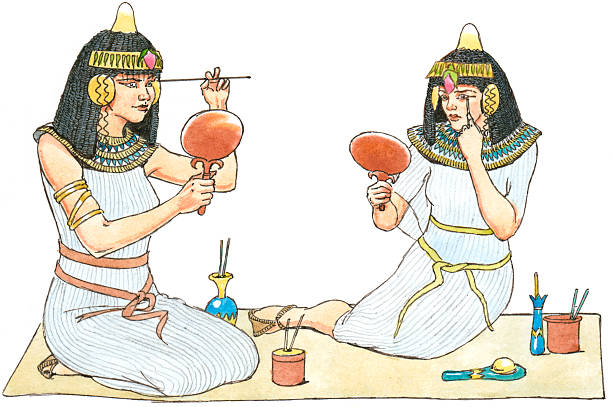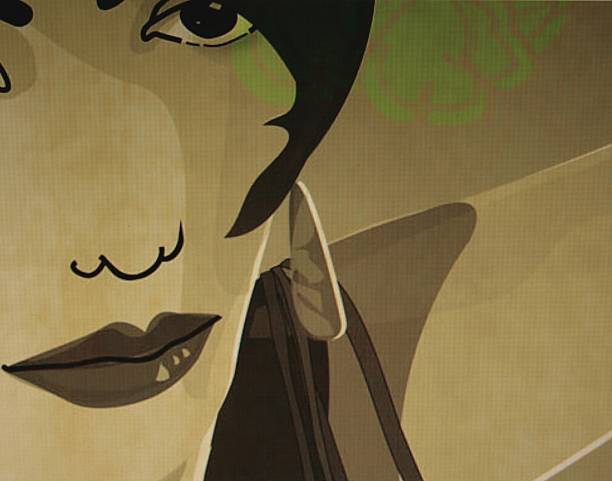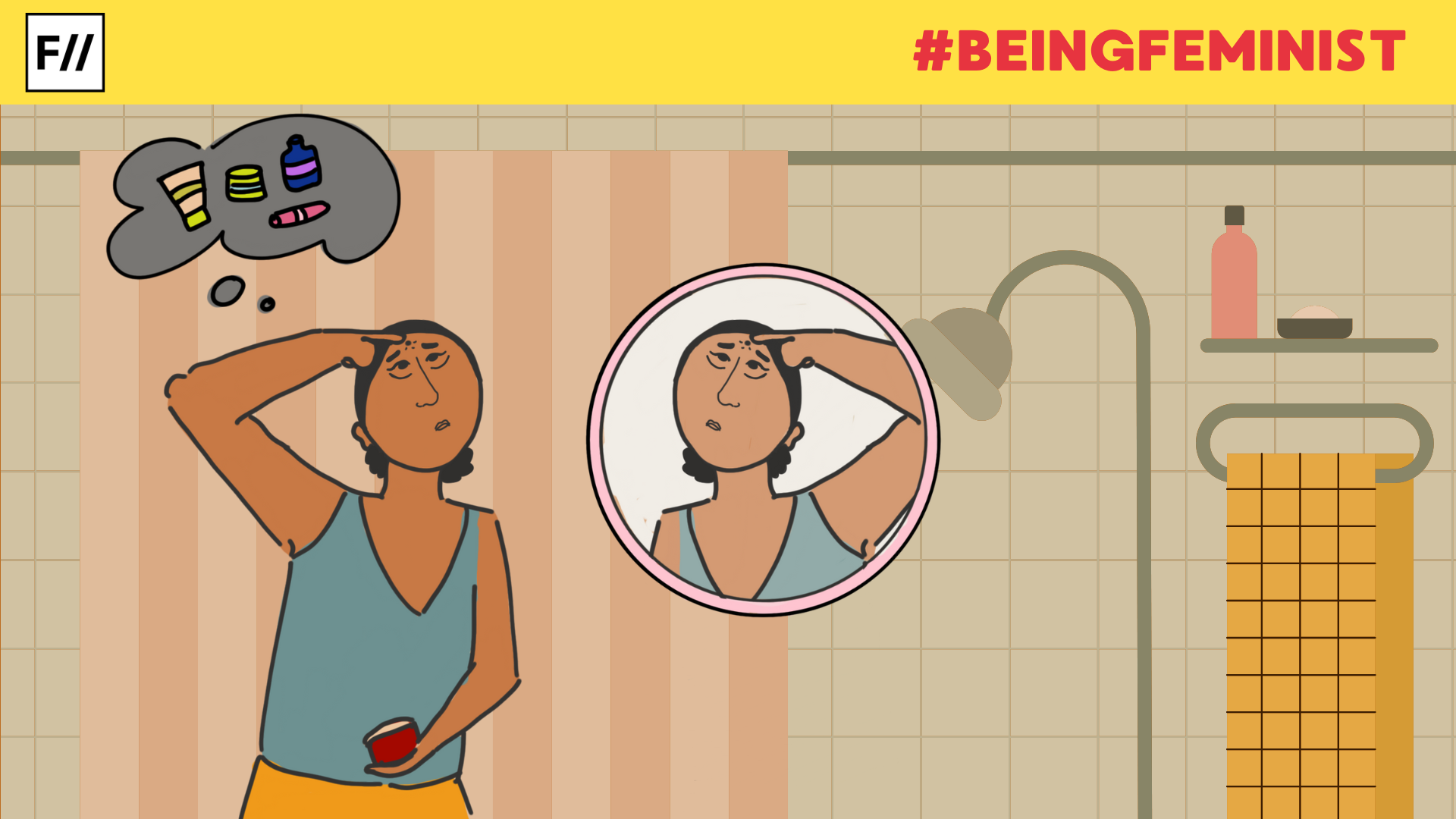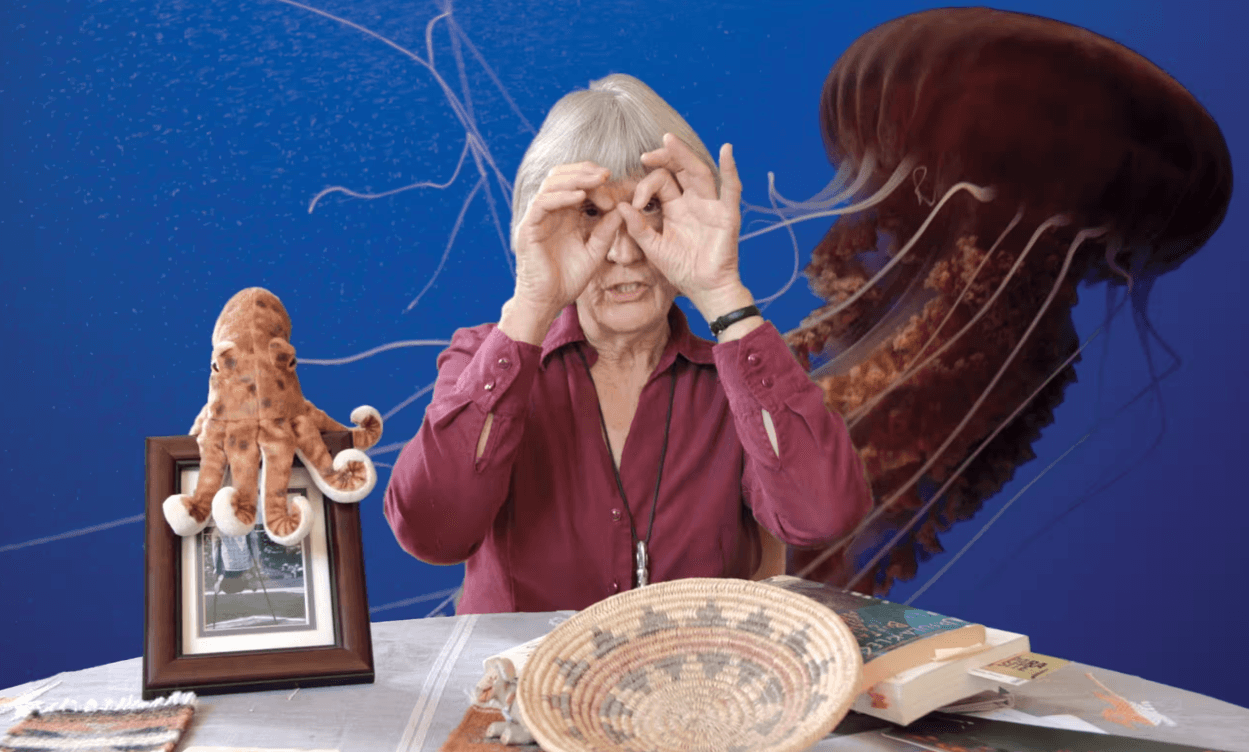Editorial Note: Being Feminist is a fortnightly column that features personal narratives documenting the emotions, vulnerabilities and innermost contradictions every feminist encounters while trying to push through various degrees of patriarchy in private, professional and public spaces.
I make the same resolution every new year and this one is much the same. “This year, I’m going to quit wearing cosmetics,” I always say.
Naturally, each time I’m asked why.
Most of us are familiar with the usual suspects we turn to when we criticise makeup and cosmetics. After all, how can we claim to be feminists, to oppose the patriarchy, while supporting an industry that actively profits off our insecurities, by taking money out of our wallets and putting them in the pockets of the “individuals” running these cosmetic companies when it would be better spent on more fruitful endeavours that benefit our personhood?
But I’m more interested in the question that I’m rarely ever asked.
How is it, that even after years of being aware of, and agreeing with, the criticisms levelled against cosmetics on what it represents for women, I am still unable to digress from applying a layer of it across my features each time I’m about to step out of my own home? I wish more people asked me why I had to save my resolution each year for the same goal that I never seemed to reach.
It’s one thing to be conscious of the insidious ways we, as everyday women, become dependent on the various tools of patriarchal conditioning to provide value to our womanhood on some level. It’s an entirely different thing to contend what we learn with a lived reality permeated by these misogynistic practices that are hard to extricate from our daily rituals.

For many women, including myself, the adoption of feminine beauty practices marks a rite of passage into one’s womanhood, as though these external variables are intrinsically tied to our identities as women.
As a girl, my coming of age was marked more frankly by conversations about how we looked than how we thought. This socialisation led me to start wearing cosmetics on a daily basis from a young age, despite identifying as a feminist from the surface-level understanding I had garnered of it from social media. Feminism as a whole was still a taboo concept beyond the conventional paradigms of viewing women as equal to men in the most simplistic sense.
My attempts to engage with feminism were shunned and met with jeers from boys who were more interested in scrutinising how much cosmetics I wore on my face than what I had to say about their overt misogyny to their female peers, including myself. Other girls in my grade would start conversations by being more inquisitive of learning about what cosmetic brands I wore than by opening a dialogue on my beliefs. But, in hindsight, how can I blame these girls for my own hypocrisy? Girls and women don’t need to just be told what they can do, they need to be shown what they can do. The harsh truth that I have learned is that there was, and never will be, as much power in preaching as in practising.
It is during a period of reflection during the quarantine, after my graduation, that I came to realise that if I intended to live by my own principles and set myself free as much as I could, I had to start somewhere.
Given that it was nearly impossible to arrange for waxing appointments during a pandemic, I let my body hair grow out. It felt uncomfortable, almost foreign, as though I had grown a second skin. How dystopian is it, to live in a world where women’s natural bodies are so stigmatised that we find them alien enough to alter, and thus begin to assume the false state as its most natural?

This decision was not without backlash from my friends and family, who cast judgement on me for no longer subscribing to body hair removal practices. Though I was approached by many of my female peers who told me that seeing me allow the hair on my body to grow and remain empowered them with the confidence to do the same, I still faced odd glances and comments from others while my mother would often say she didn’t understand my decision, as though living as you are is a decision to make at all. It is the act of changing yourself to conform that makes a decision more than simply leaving it be. She still asks me if I’d like to be waxed as well when she makes an appointment for herself and is disappointed when I decline her offer each time.
The decision to remove our body hair is one that we are socialised into making, with a variety of factors around us pressuring us into it and providing us with no alternative without shame. To be a woman and to eschew its patriarchally constructed components is to live under the weight of people’s endless evaluation of your value.
Also Read: ‘I Am A Feminist And I Like Makeup’: Navigating Beauty Standards While Being Feminist
This only makes me wonder what the response would be to my existence once I give up wearing cosmeticsand cosmetics as well.
Over the years, I have slowly reduced the number of items included in my cosmetics routine. But no matter how much I subtract, I still find myself drawing a wing of dark liner across the lids of my eyes and coating my lips in a dark shade of red. Some days, I am plagued by the fear that I will not recognise myself in the mirror without them, or that I will find myself lesser somehow. It is for this reason that I cannot let myself be held hostage over insecurities that have been fed to me by a world that would keep women complacent by occupying us with superficial worries about how we look rather than how we think.

There is no easy way to opt out of the idea of a woman that has been constructed by men, but it is time we must start imagining a new world for ourselves where we do not have to watch ourselves as others do to become women, but where we only have to exist as we are to be women.
Also Read: ‘I Feel Like A Hypocrite When I Cringe At My Hairy Arms’: On Removing Body Hair While Being Feminist
Under the patriarchy, our choices are made for us through the various means of socialising us into the conformity that is expected of us, and by reframing such choices made under duress as “feminist” we run the risk of opening ourselves up to fallacies that only benefit men in the long run. With how women’s faces and bodies go in and out of fashion like clothing trends, we can no longer permit beauty to be the currency with which women navigate the world, and we can no longer allow ourselves to be reduced to ornaments by adhering to these expectations at the cost of our own self image.

Audre Lorde rightfully said that “the master’s tools will never dismantle the master’s house” as there is nothing more radical than to counter the demands of the oppressor with their complete and utter rejection.
Maybe I can’t change the world, or how I see myself in the mirror, just by tossing my cosmetics in the trash. But maybe I can make the other women in my surroundings realise they’re better off stepping out of the house looking exactly as they did when they woke up this morning than dedicating their time to modifying their appearances, just by tossing my cosmetics in the trash.
And it all starts with the resolution that I am going to quit wearing cosmetics this year.
About the author(s)
Tanya Roy is a 20-year-old student at FLAME University in Pune, with a major in Film & Television Management and a minor in Literary & Cultural Studies. She is interested in critiquing and analysing art in its different mediums through a feminist lens and is an avid reader of feminist and other sociocultural theories.





